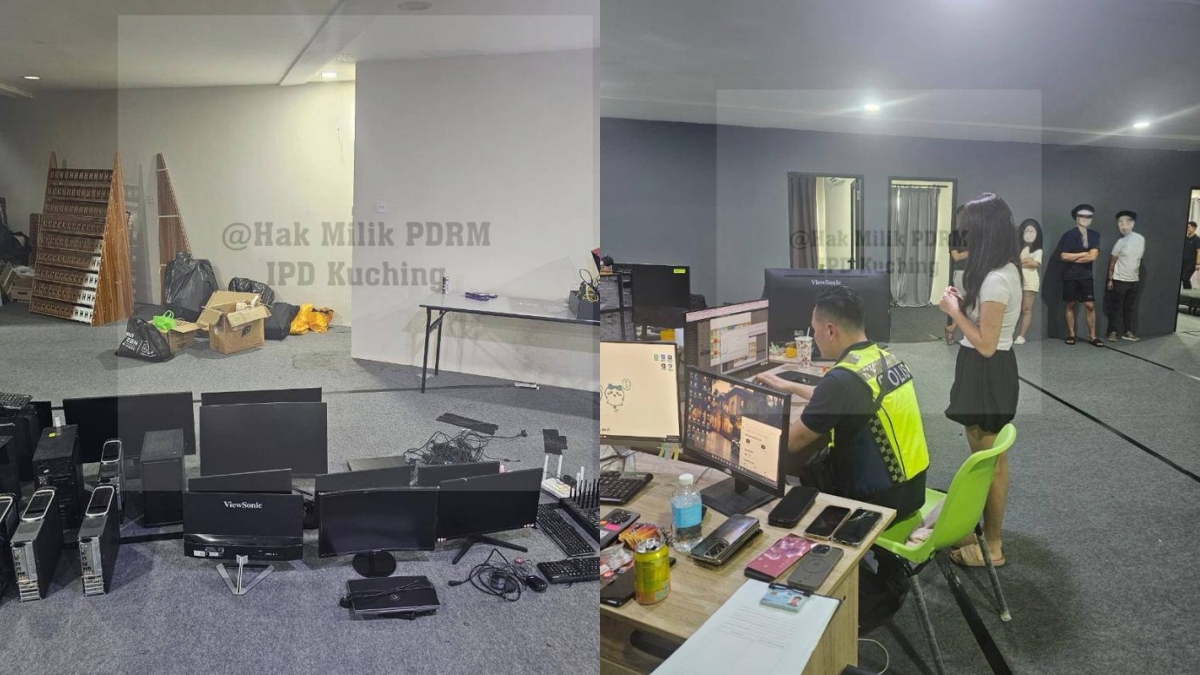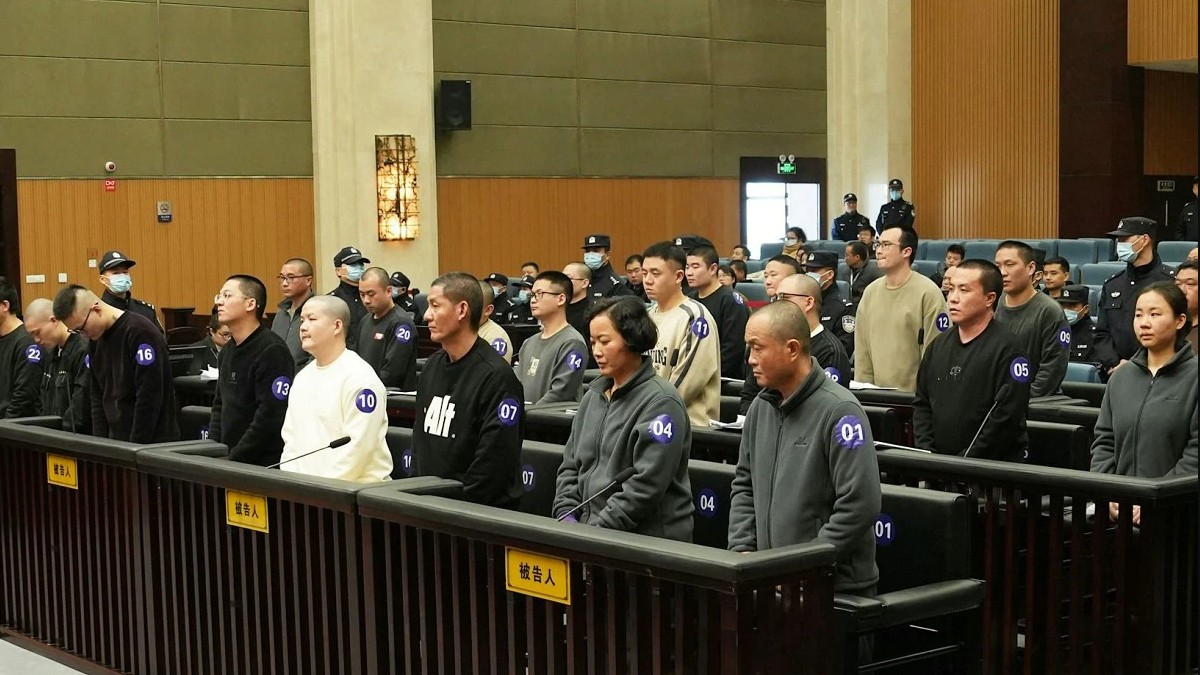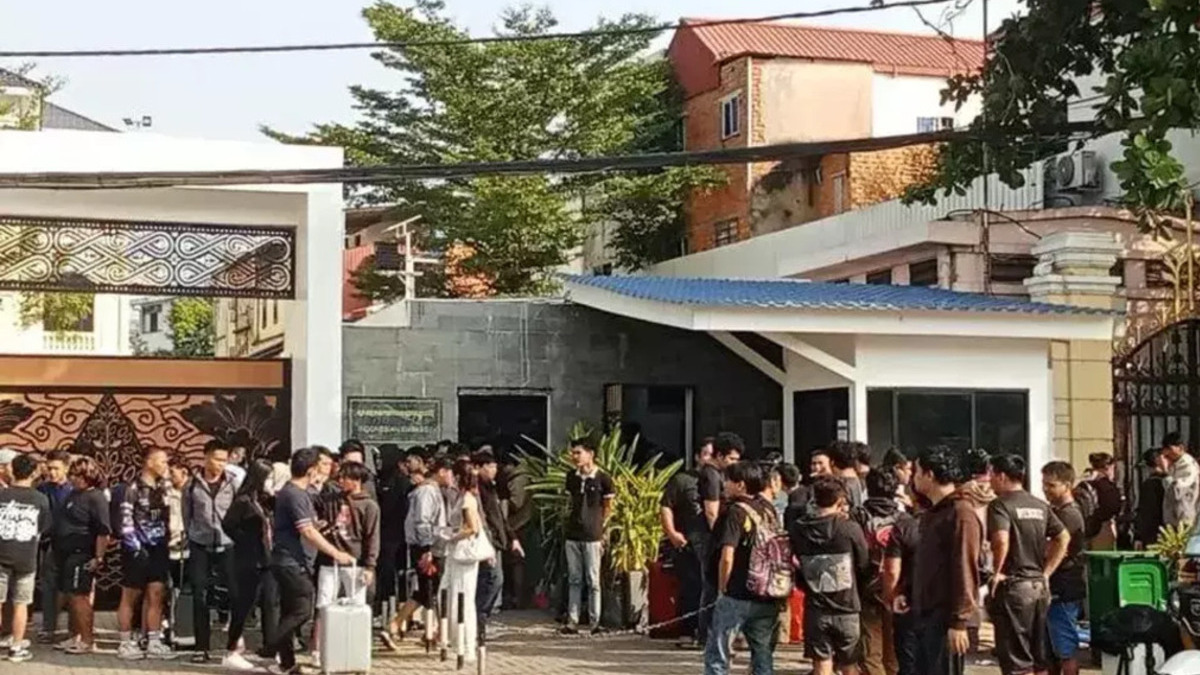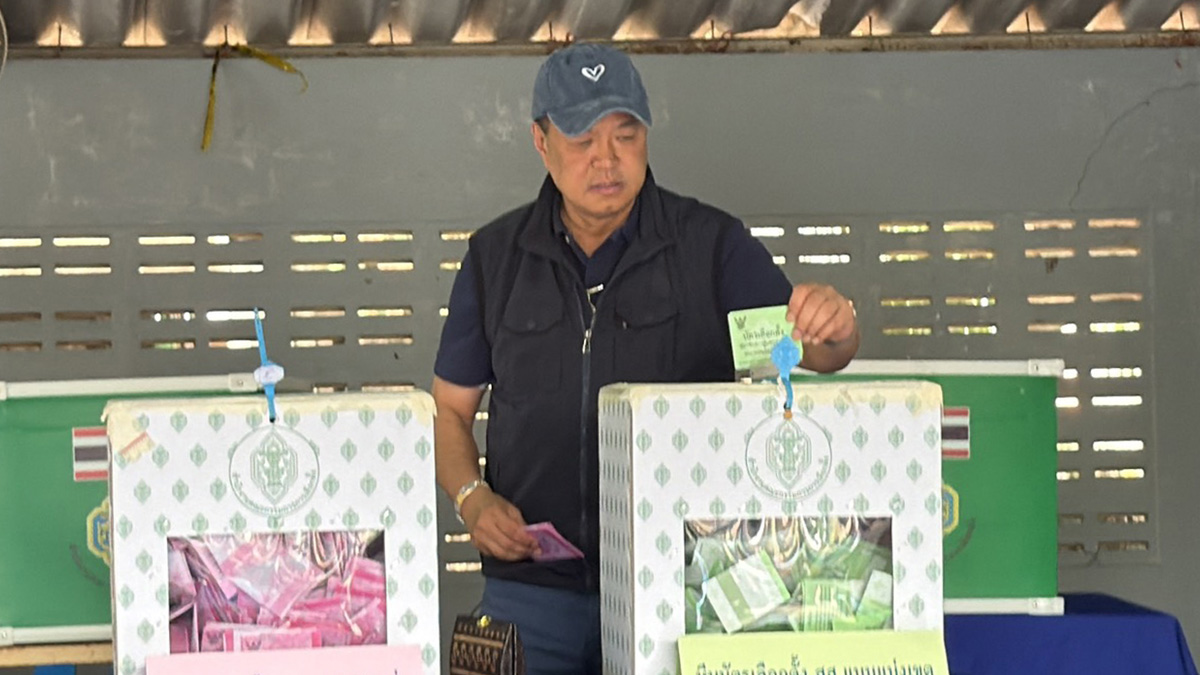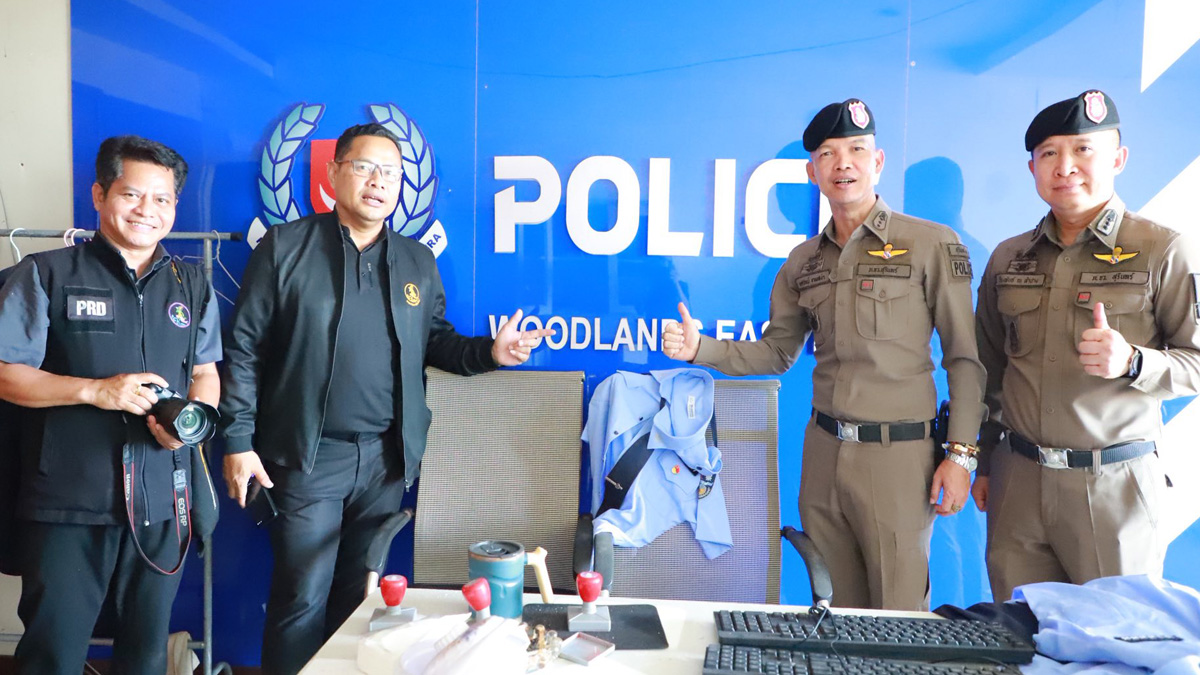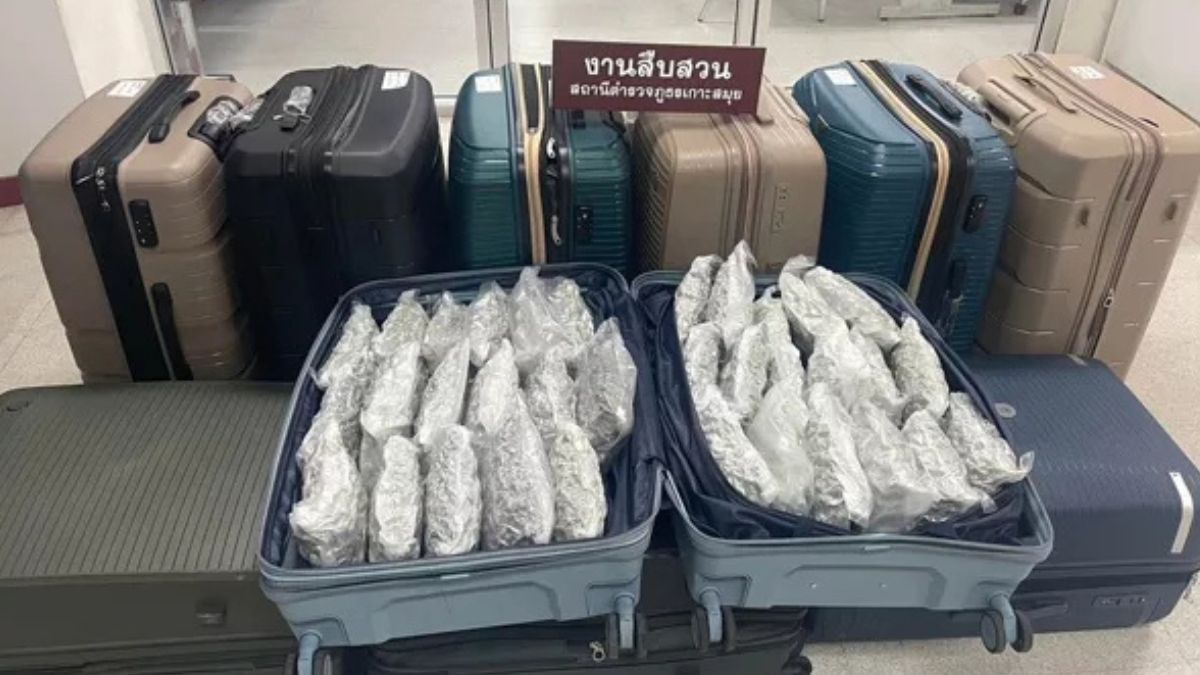Anutin Charnvirakul declares national war on online scams with unified anti-cybercrime front
Thai Prime Minister Anutin Charnvirakul has declared cybercrime a top-tier national threat, launching a unified inter-agency crackdown on online scams and grey money, backed by new technological, legal, and financial strategies.
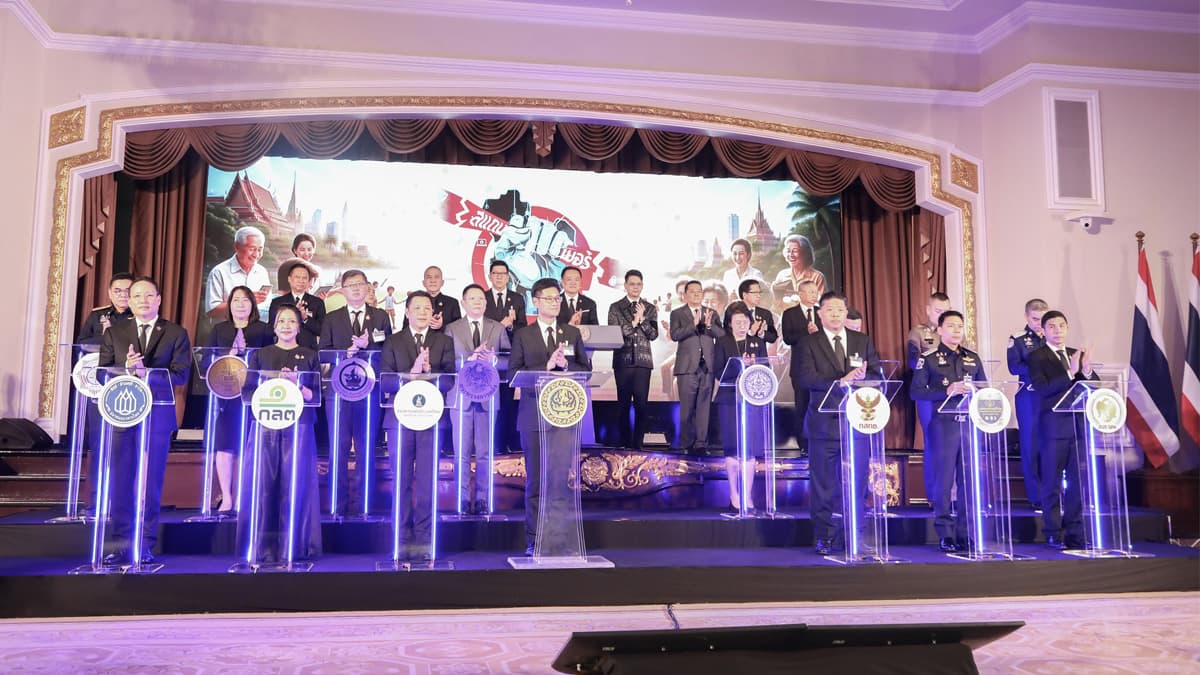
- Thai Prime Minister Anutin Charnvirakul launches coordinated national campaign against online scams.
- Fifteen agencies signed a memorandum of understanding (MoU) to tackle cybercrime collaboratively.
- Government to enforce new measures, including an emergency decree targeting grey money.
THAILAND — Prime Minister Anutin Charnvirakul presided over a ceremony at Government House on Thursday, 6 November, 2025, launching a coordinated national effort to prevent and suppress technology-related crime, with particular focus on online scams.
Describing the campaign as a critical national mission, Anutin, who also serves as Interior Minister, declared: “This is a war we must win.” He was speaking at the signing of a memorandum of understanding (MoU) involving 15 government and financial agencies.
“Online scams are eroding the lives of our people, damaging families and undermining national confidence, economic stability and international reputation,” he said. “The hidden costs of these crimes are immeasurable.”
The MoU establishes a strategic framework for unified inter-agency cooperation aimed at dismantling increasingly sophisticated cybercrime and scam networks that target Thai citizens.
Cybercrime now a national agenda priority
Anutin stated that cybercrime now ranks as a top-tier threat to national security and must be treated with corresponding urgency.
“This MoU is not just a document — it is a weapon,” he said. “It represents a collective mission, not the responsibility of any single agency.”
The five main pillars under the agreement are:
-
Strict legal enforcement against criminals and their accomplices.
-
Integrated intelligence sharing across agencies to enhance investigations.
-
Immediate financial disruption, including asset seizure, to prevent money laundering.
-
Deployment of advanced technologies, including AI, to track financial flows and detect suspicious activity.
-
Public education and engagement, encouraging vigilance and participation in the anti-cybercrime effort.
Agencies involved and high-level attendance
The 15 participating organisations include the Royal Thai Police, Anti-Money Laundering Office (Amlo), Ministry of Digital Economy and Society, Ministry of Justice, Ministry of Interior, Ministry of Finance, Ministry of Foreign Affairs, Department of Special Investigation (DSI), the Bank of Thailand, the National Broadcasting and Telecommunications Commission (NBTC), and the Securities and Exchange Commission (SEC).
Also involved are the Thai Bankers’ Association, Association of State Financial Institutions, and the Ministry of Commerce.
Attending the event were Deputy Prime Minister and Finance Minister Ekniti Nitithanprapas, Digital Economy and Society Minister Chaiyanok Chidchob, Justice Minister Rutthaphon Naowarat, National Police Chief Kittharath Punpetch, and Bank of Thailand Governor Vitai Ratanakorn.
Criticism addressed and future site visits planned
Anutin directly responded to prior criticism regarding the government’s perceived lack of urgency in dealing with cybercrime.
“Today’s gathering of senior officials shows our resolve,” he said. “We are united, and we will not tolerate any form of technological crime that harms our people.”
Interior Ministry Permanent Secretary Ansit Samphantharat announced that Anutin will visit Mae Sot district in Tak province on Monday, 10 November, 2025. The visit aims to oversee the repatriation of individuals who illegally entered Thailand from KK Park in Myawaddy, Myanmar — a site identified as a hub for transnational criminal operations.
Emergency decree on ‘grey money’ in development
In a parallel development, Finance Minister Ekniti revealed that the government is drafting an emergency decree to target “grey money” and increase financial transparency.
Speaking at the Standard Economic Forum 2025, he said the decree is being formulated by the Ministry of Digital Economy and Society to enable real-time identification of financial beneficiaries.
“The fight against grey capital is a matter of great concern to the prime minister,” Ekniti said. “On the night of 4 November, he called me in for a late-night meeting and gave his explicit mandate to proceed without hesitation.”
He noted that Thailand’s stable currency, the baht, makes it attractive to criminal networks, especially as financial technologies and innovations — such as cryptocurrency — evolve rapidly.
Four-pronged sub-committee structure to tackle threats
Anutin has appointed four sub-committees under the national campaign:
-
Scam network suppression
-
Technological countermeasures
-
Financial data integration, chaired by Anutin himself (“Connect the Dots” initiative)
-
Public communication and awareness
The prime minister emphasised the need for Thailand’s anti-scam framework to meet or surpass global standards, particularly those of the Financial Action Task Force (FATF).


